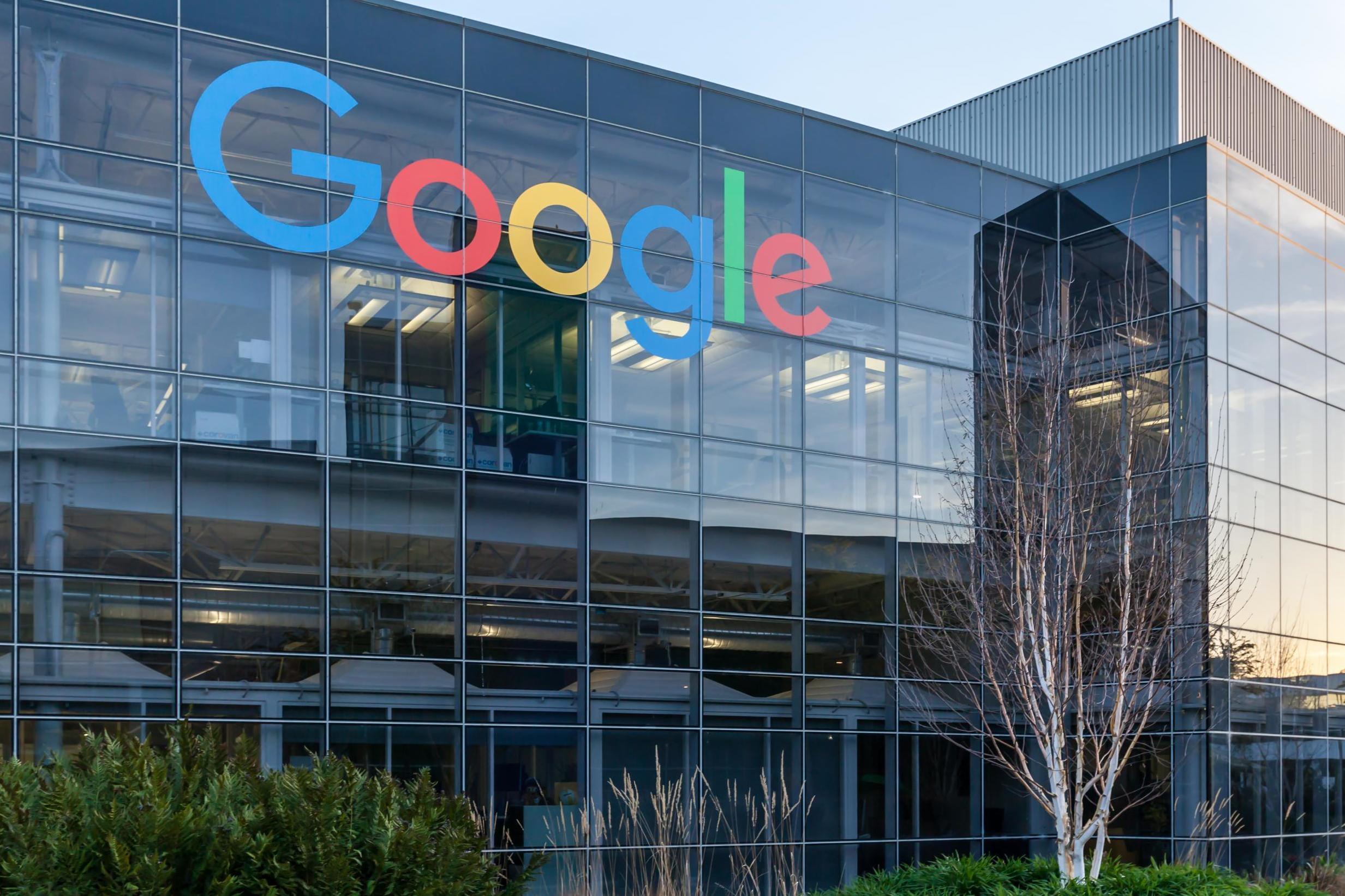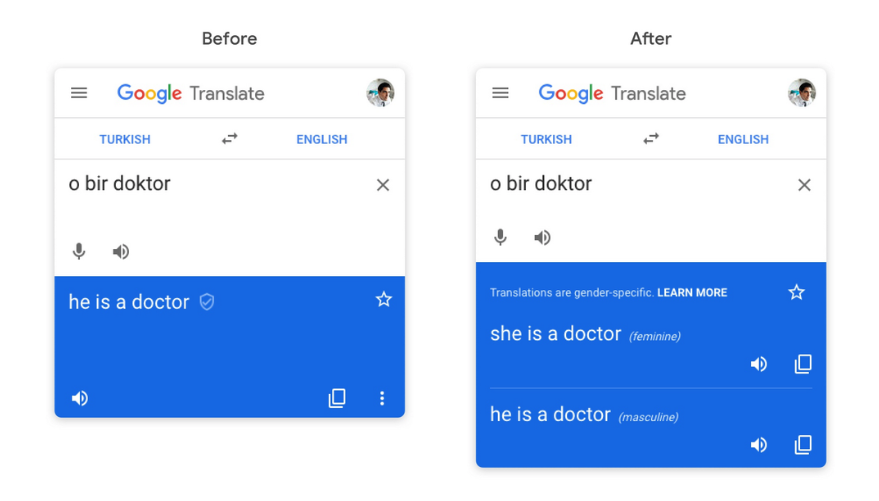Google fixes Translate tool to correct gendered pronouns
The tool was converting 'she said' to 'he said'

Your support helps us to tell the story
From reproductive rights to climate change to Big Tech, The Independent is on the ground when the story is developing. Whether it's investigating the financials of Elon Musk's pro-Trump PAC or producing our latest documentary, 'The A Word', which shines a light on the American women fighting for reproductive rights, we know how important it is to parse out the facts from the messaging.
At such a critical moment in US history, we need reporters on the ground. Your donation allows us to keep sending journalists to speak to both sides of the story.
The Independent is trusted by Americans across the entire political spectrum. And unlike many other quality news outlets, we choose not to lock Americans out of our reporting and analysis with paywalls. We believe quality journalism should be available to everyone, paid for by those who can afford it.
Your support makes all the difference.Google is working to reduce gender bias in its Google Translate tool after it was accused of sexism for automatically translating sentences to include masculine pronouns.
Translations from English into French, Italian, Portuguese or Spanish will also now provide a feminine alternative as well as a masculine one for gendered words such as “strong” or “beautiful.” In the past, Google's algorithm had to choose between masculine or feminine when translating a word - automatically defaulting to masculine in many instances.
Additionally, the tool will offer gender-specific translations for phrases and sentences from Turkish to English.
The update comes after two Stanford University professors pointed out that the artificial intelligence used by Google Translate was converting news articles written in Spanish to English by changing phrases referring to women into “he said” or “he wrote.”
“Flawed algorithms can amplify biases through feedback loops,” professors James Zou and Londa Schiebinger wrote in a paper titled “AI can be sexist and racist - it’s time to make it fair.” “Each time a translation program defaults to ‘he said,’ it increases the relative frequency of the masculine pronoun on the web - potentially reversing hard-won advances toward equality.”
The issue occurred when translating to languages where words are gendered as well - with words such as “doctor” changing to masculine and “nurse” changing to feminine.

According to Google, the flaw, which “inadvertently replicated gender biases that already existed,” was learned from already-translated examples online.
After acknowledging and remedying the issue, the tech giant announced its plans to extend the gender-specific translations to more languages as well as launch it on its other Translate surfaces such as IOS and Android.
The company also said it was thinking about how to address non-binary gender in translations - but did not have immediate plans on how to do so.
Join our commenting forum
Join thought-provoking conversations, follow other Independent readers and see their replies
Comments